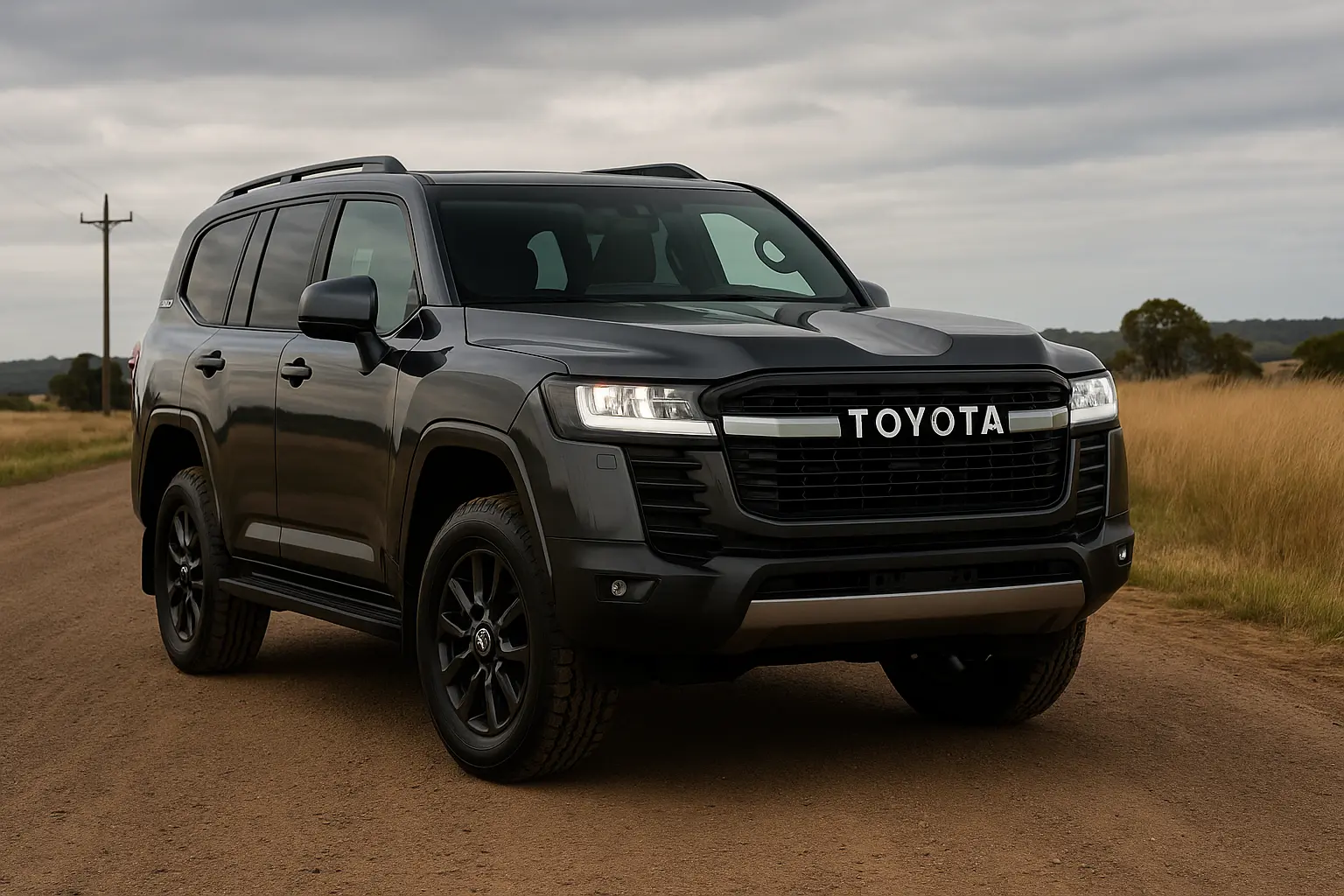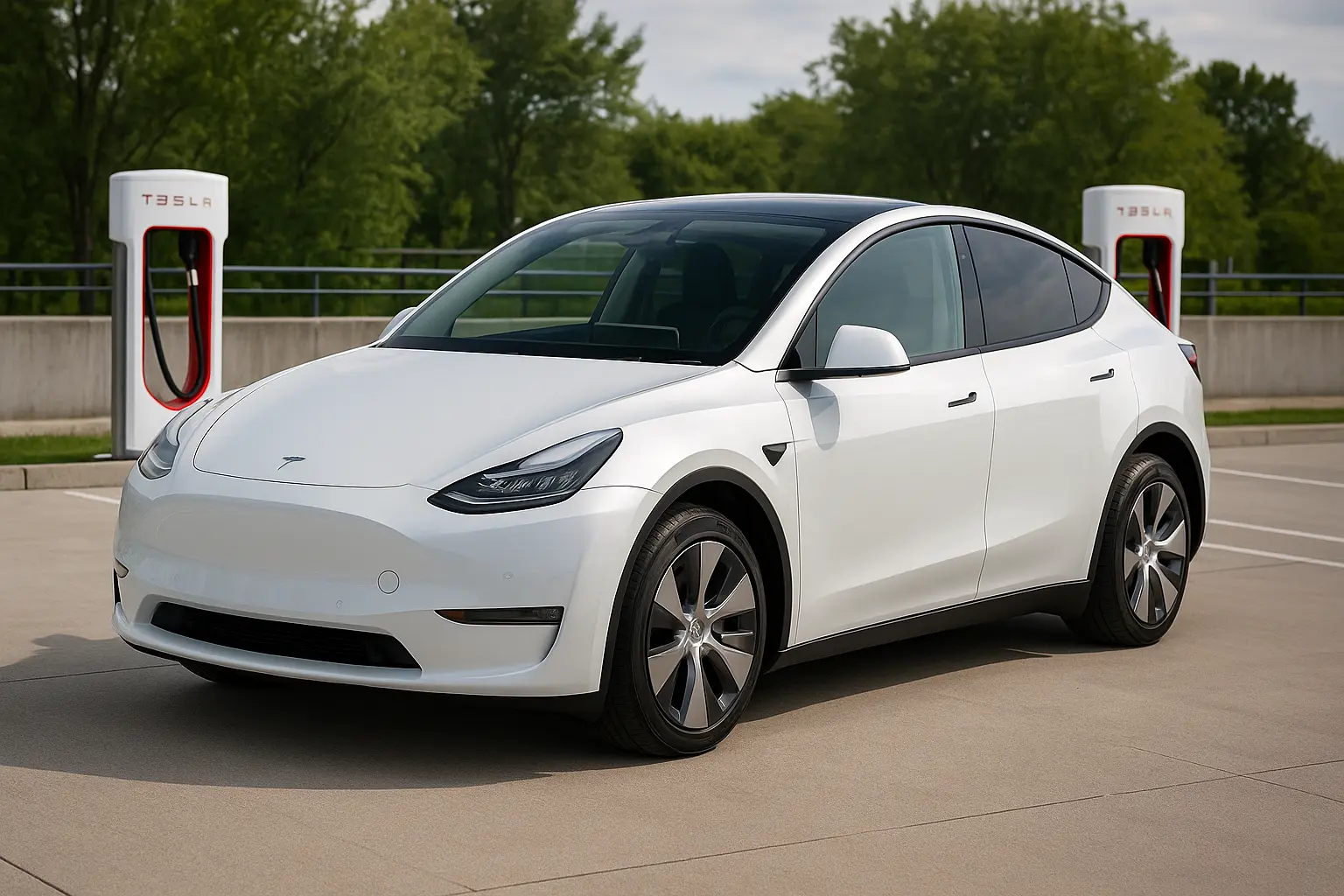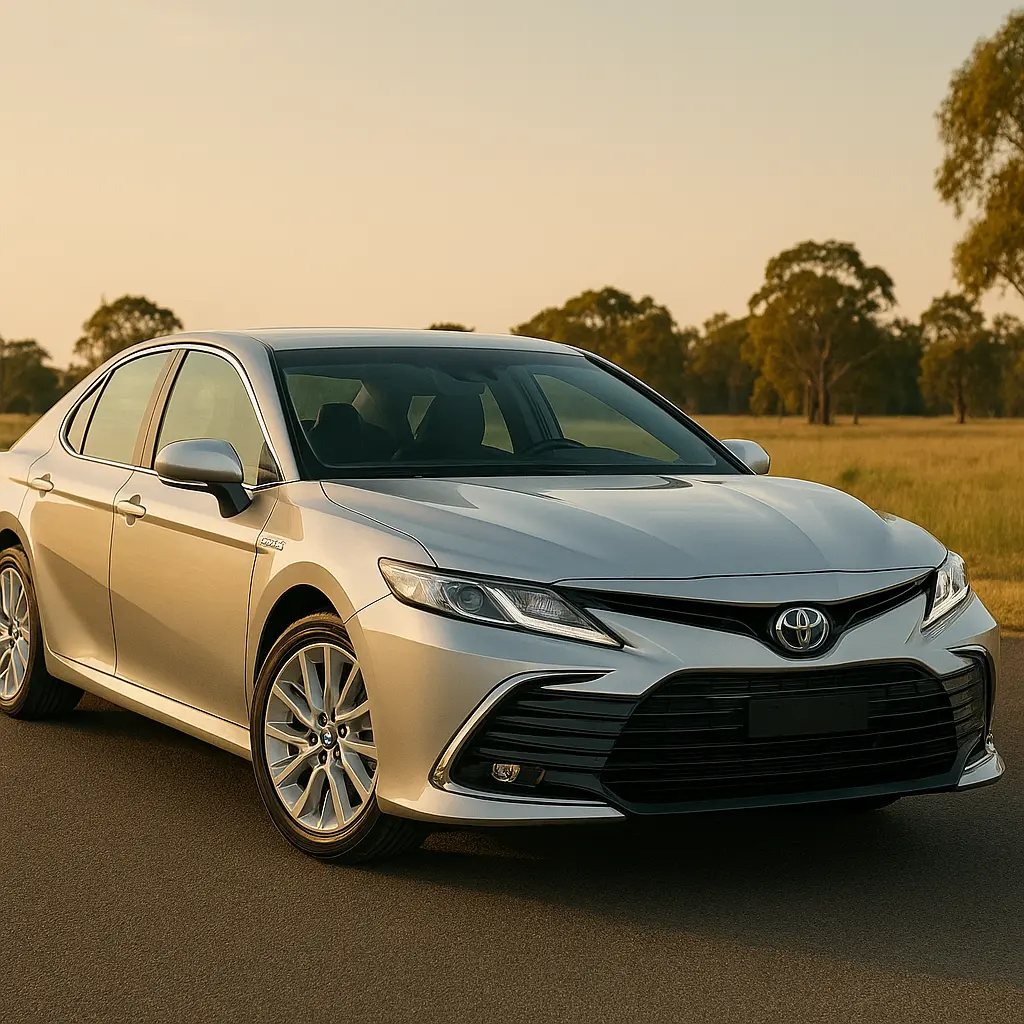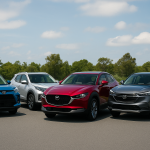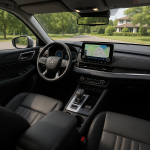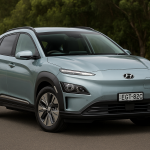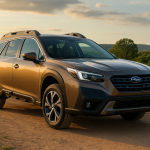Australia’s love affair with diesel SUVs has been strong for decades. While hybrids and electric vehicles are rising in popularity, diesel still holds a firm position among buyers who demand long-distance efficiency, rugged performance, and unmatched towing strength. From hauling caravans along the Stuart Highway to handling the muddy tracks of the Kimberley, diesel SUVs deliver the kind of durability and range that petrol and hybrid options often can’t match.
This guide explores the top diesel SUVs available in Australia for 2025, breaking down what makes them stand out—whether it’s efficiency, family comfort, or off-road muscle. We’ll also look at buying considerations, the future of diesel technology, and how these vehicles stack up for different Aussie lifestyles.
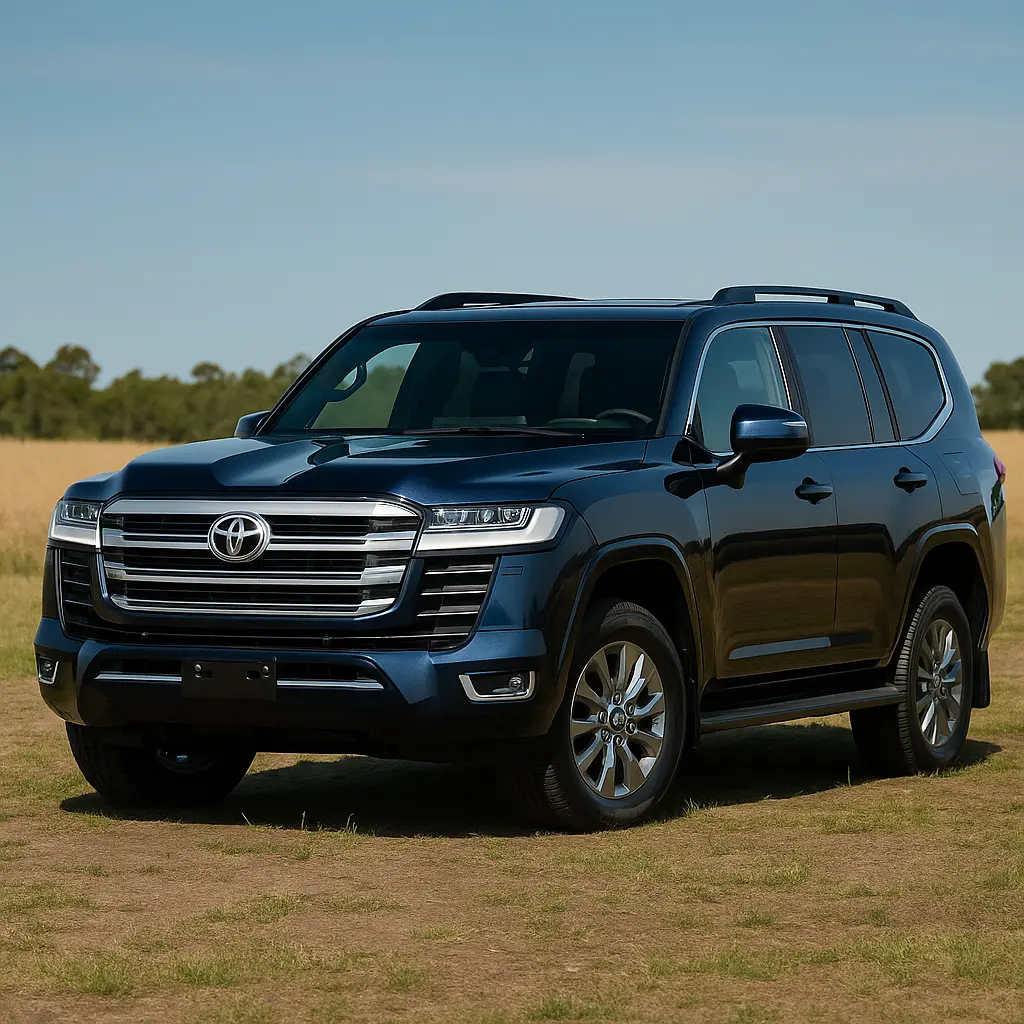
The Appeal of Diesel SUVs in Australia
Fuel Efficiency and Range
One of the biggest advantages of diesel SUVs is their superior fuel economy compared to petrol counterparts. A modern diesel engine provides more torque at lower revs, which means better mileage when cruising long highways. For Australians who frequently travel across regional areas where fuel stations are sparse, this extended range is invaluable.
Torque and Towing Power
Diesel engines are renowned for torque, making them ideal for towing caravans, boats, or trailers. For many Aussie families who head off on camping trips or caravanning holidays, a diesel SUV is often the most reliable partner.
Durability and Reliability
Diesel powertrains are built tough and designed to handle high loads over long distances. Many fleet operators and outback adventurers prefer diesel SUVs because they’re known to last longer with proper maintenance.
Lower Running Costs in the Long Run
While diesel cars usually cost more upfront, their long-term fuel savings and engine longevity can offset the higher purchase price. In Australia—where road trips are often measured in hundreds, not tens, of kilometres—this adds up significantly.
Top Diesel SUVs in Australia for 2025
Below we explore standout diesel SUVs across various categories—family-friendly, luxury, off-road, and budget-friendly.
Toyota LandCruiser 300 Series
The Toyota LandCruiser remains an icon of toughness and dependability. The 300 Series, powered by a 3.3-litre twin-turbo V6 diesel, is engineered for both rugged outback tracks and long-distance comfort. Its towing capacity of 3,500kg and advanced 4x4 systems make it the go-to choice for serious adventurers.
- Engine: 3.3L V6 twin-turbo diesel
- Power: 227kW / 700Nm
- Fuel Economy: Around 8.9L/100km
- Best For: Off-roaders, outback travellers, caravan towers
Ford Everest
The Ford Everest continues to impress Australian families who want a balance between practicality and ruggedness. With a 2.0-litre bi-turbo diesel or a beefy 3.0-litre V6 turbo diesel, it delivers excellent towing capability and strong off-road credentials while doubling as a comfortable city commuter.
- Engine Options: 2.0L bi-turbo or 3.0L V6 turbo diesel
- Power: Up to 184kW / 600Nm
- Fuel Economy: 7.6–8.5L/100km
- Best For: Families needing versatility and towing power
Isuzu MU-X
The Isuzu MU-X is popular for its reliability, affordable servicing, and rugged capability. With a 3.0-litre turbo-diesel engine, it offers dependable performance for both family trips and tough off-road conditions.
- Engine: 3.0L turbo diesel
- Power: 140kW / 450Nm
- Fuel Economy: Around 8.3L/100km
- Best For: Budget-conscious buyers who want durability
Toyota Prado
A long-time favourite, the Toyota Prado is a smaller sibling to the LandCruiser but no less capable. Its 2.8-litre diesel engine, paired with Toyota’s trusted 4WD system, makes it a reliable choice for families and off-roaders alike.
- Engine: 2.8L turbo diesel
- Power: 150kW / 500Nm
- Fuel Economy: Around 7.9L/100km
- Best For: Families and regional drivers
Hyundai Santa Fe Diesel
For buyers who prefer a more urban-friendly SUV, the Hyundai Santa Fe offers a premium feel with solid efficiency. Its 2.2-litre turbo-diesel engine combines refinement with good towing power for a family SUV.
- Engine: 2.2L turbo diesel
- Power: 148kW / 440Nm
- Fuel Economy: Around 6.1L/100km
- Best For: Families wanting comfort and efficiency
Kia Sorento Diesel
The Kia Sorento Diesel provides a balance of modern styling, seven-seat practicality, and fuel efficiency. Its advanced safety features make it a strong competitor in the family SUV market.
- Engine: 2.2L turbo diesel
- Power: 148kW / 440Nm
- Fuel Economy: Around 6.1–6.5L/100km
- Best For: Modern families looking for style and practicality
Mitsubishi Pajero Sport
The Pajero Sport remains one of the most affordable full-size diesel SUVs on the market. Built on the Triton ute platform, it’s rugged, spacious, and dependable—making it ideal for adventure-seeking families.
- Engine: 2.4L turbo diesel
- Power: 133kW / 430Nm
- Fuel Economy: Around 8.0L/100km
- Best For: Buyers seeking value and off-road strength
Mazda CX-8 Diesel
The Mazda CX-8 combines Japanese refinement with diesel practicality. Its 2.2-litre twin-turbo diesel engine offers smooth driving dynamics and efficiency, particularly for city-based families.
- Engine: 2.2L twin-turbo diesel
- Power: 140kW / 450Nm
- Fuel Economy: Around 6.0L/100km
- Best For: Urban drivers needing seven seats and economy
Volkswagen Touareg Diesel
For those seeking luxury, the VW Touareg delivers European refinement with diesel efficiency. It combines a 3.0-litre V6 turbo-diesel with premium features, offering comfort without sacrificing towing power.
- Engine: 3.0L V6 turbo diesel
- Power: 210kW / 600Nm
- Fuel Economy: Around 7.5L/100km
- Best For: Luxury SUV buyers
BMW X5 xDrive30d
If premium is the goal, the BMW X5 diesel is hard to ignore. It provides a smooth, powerful driving experience with advanced technology and safety. While more expensive to own, it’s perfect for those seeking luxury and performance in one package.
- Engine: 3.0L inline-6 turbo diesel
- Power: 210kW / 650Nm
- Fuel Economy: Around 7.2L/100km
- Best For: Luxury buyers who still want diesel toughness
Buying Guide: Choosing the Right Diesel SUV
Consider Your Lifestyle
- Long-Distance Driving: Look for SUVs with lower fuel consumption and larger tanks, like the Toyota Prado or Kia Sorento.
- Towing and Off-Roading: Prioritise torque and 4WD capability—Everest, LandCruiser, or MU-X are top contenders.
- Urban Driving: Smaller diesel SUVs like the Mazda CX-8 or Hyundai Santa Fe provide practicality without bulk.
Evaluate Running Costs
Diesel SUVs can be more expensive upfront but cheaper to run long-term. Consider servicing schedules, warranty coverage, and resale values.
Safety and Technology
Modern diesel SUVs are equipped with advanced driver-assistance systems (ADAS), multiple airbags, and crash-avoidance technology. Always check ANCAP ratings before purchase.
Future Proofing
While EVs and hybrids are gaining ground, diesel SUVs are still widely supported across Australia, especially in regional areas. However, buyers should be aware of tightening emissions regulations that could affect resale in the future.
The Future of Diesel SUVs in Australia
While governments globally push toward electrification, Australia’s vast distances and rural reliance on diesel power mean these vehicles will continue to dominate for years. Many manufacturers are improving diesel engines with better emissions controls, mild-hybrid assistance, and efficiency tweaks.
Expect to see diesel SUVs coexist with hybrids and EVs, particularly in the heavy-duty and long-distance travel segments. For Australians who love exploring, camping, and towing, diesel SUVs are unlikely to disappear anytime soon.
Conclusion
Diesel SUVs remain a cornerstone of the Australian automotive landscape. From rugged icons like the Toyota LandCruiser and Ford Everest to premium picks like the BMW X5, there’s a diesel SUV to suit every buyer’s needs. They combine toughness, efficiency, and dependability—making them the perfect match for Australia’s unique driving conditions.
Whether you’re planning long highway journeys, towing heavy loads, or simply need a reliable family hauler, the 2025 lineup of diesel SUVs offers plenty of choice. As the industry shifts toward electrification, diesel still proves it has plenty of life left on Aussie roads.
Leave a comment
Your email address will not be published. Required fields are marked *


